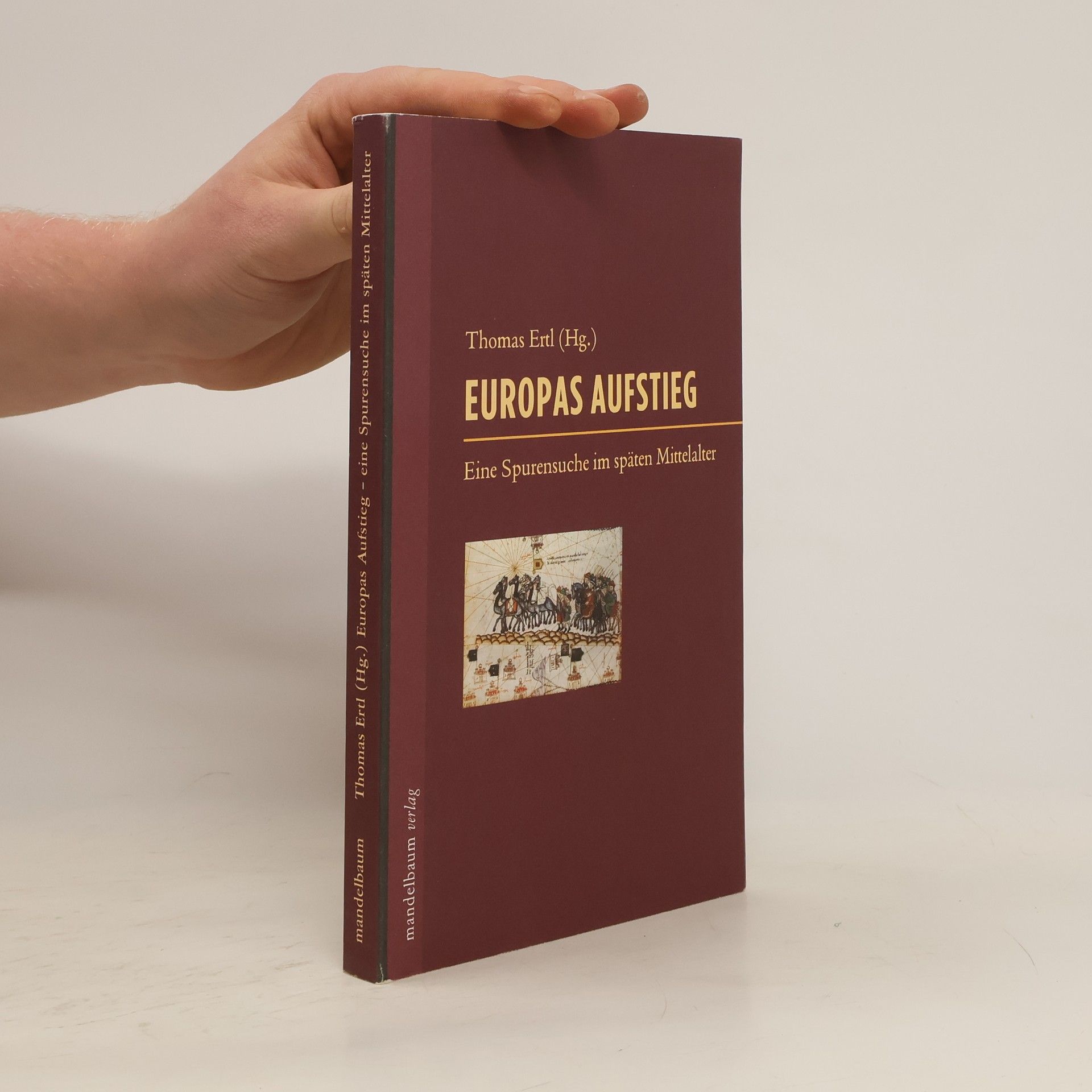Russia’s expansion and energy war against the West
Economic and geopolitical impacts
Russia's invasion of Ukraine on February 24, 2022, marks a significant shift in global political and economic dynamics. The text explores the historical transitions from Gorbachev to Yeltsin to Putin, while also examining the responses of Western industrialized nations, particularly Switzerland and the United Kingdom, which have historically catered to Russian interests. The current situation differs markedly from the USSR's transformation era, as hyperglobalization has fostered a new bloc beyond NATO, the IMF, and the World Bank. With BRICS countries under China's influence, over 40% of the global population now resides in states opposing traditional industrial powers. This bloc holds critical raw materials essential for energy and emerging technologies. The complexities of these interdependencies are highlighted, particularly China's dual role as a major energy consumer for Russia and a supplier for Western markets. The "New Silk Road" initiative is at risk amid potential geopolitical tensions reminiscent of the "Iron Curtain." The war in Ukraine must be understood through the lens of Putin's motivations, with both Russia and Ukraine facing dire consequences. Ultimately, Russia's position as an energy partner for industrial nations is likely to diminish, leading to a broader global decline in prosperity due to inflation and military expenditures, a trend that predates the invasion.



